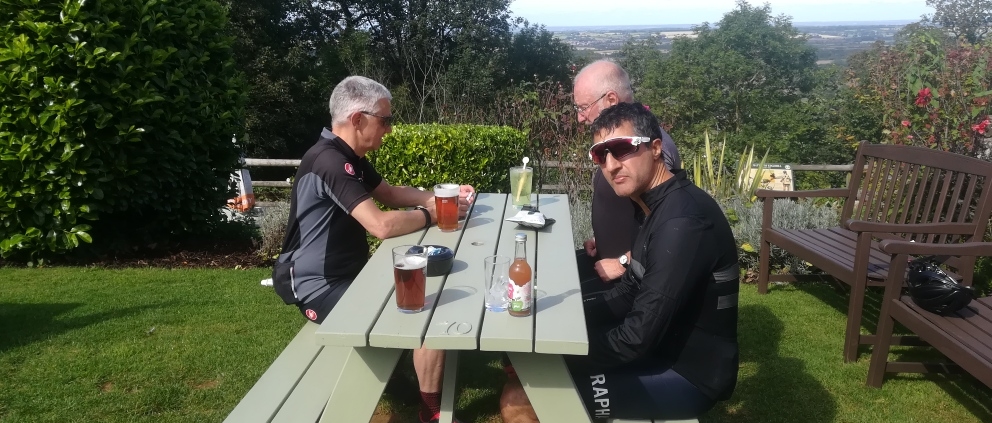Procurement Ethics – Dealing with Conflicts of Interest
Conflicts of interest as a ethical topic has always been relevant in procurement, both public and private sector. Here is a quick quote from my book, Bad Buying.
“At a local level, I’ve worked with organisations whose top management didn’t even want to put in place a clear “conflict of interest” policy. That would mean staff having to disclose any interest they (or close family / friends) have in another business that might be a supplier or a customer of the organisation for which they work. But there’s usually a reason for that hesitancy. Where you see organisations that won’t support anti-corruption activities, then you might draw obvious conclusions”.
Conflict of interest is a key issue within the fight against procurement-related fraud and corruption. We want buyers and everyone involved in the process to select suppliers, negotiate and manage contracts without being biased because they have an external interest that affects their behaviour.
We’ve seen these issues come up a number of times over the last 18 months through the pandemic with spend on products such as PPE (personal protective equipment) being in the public eye. So some recipients of huge contracts for PPE have had links with politicians and other powerful people, which has led to suggestions that decisions were impacted by these conflicts of interest.
The standard approach when developing procurement policies and practices is to ask those involved in the process to declare any potential conflicts upfront. Somebody can then decide if that is significant, and if so, how to handle that. At the extreme, I’d suggest it might eliminate a potential supplier from consideration completely. That doesn’t happen often, but appointing a small consulting firm to do a procurement review when that firm is run by the Procurement Director’s wife might not be a good idea.
But more frequently, it is a case of making sure the person with the conflict does not play a central role in key stages of the process, such as selecting the supplier or negotiating the contract. Suppose a senior executive who has an interest in the service being purchased discloses that their sister is a senior manager in one of the bidding firms. I would not expect that firm to be disqualified, but the executive should not be involved in the key aspects of the procurement. There are potential issues of confidentiality as well as bias of course – so if the exec is going to have access to confidential information, then they need to understand that any breach will lead to disciplinary action! Or you may simply choose to keep such information away from them.
There are questions however about how far we can and should go. That came to mind with the revelations around Mathew Hancock, the UK Health Minister who resigned because he broke covid rules with his ”friend”. But another part of that report claimed that his friend’s brother runs a firm that has won NHS contracts.
Is that a worry? If your friend’s brother is bidding for a contract with your organisation, do you need to declare that as a potential conflict of interest? That probably depends on just how close the “friend” is. If they are in effect a partner (legally or secretly) then it probably should be declared. But frankly, I would very rarely have known what any of my friends’ siblings did for a living! So we have to be reasonable in terms of how meaningful the risk is.
A similar argument applies to shareholdings. Most of us hold shares indirectly through pension schemes or investment funds and we may well have direct holdings too. We can’t be expected to know exactly where “our” money is invested in every case. But what about if I have just a couple of hundred pounds worth of shares held directly in a potential supplier? I’d suggest that it is sensible to declare that, but I would not necessary exclude someone from the process for that level of “conflict”. However, if it were several thousand pounds worth, or if we were considering share options in a start-up that could prove valuable one day, the position might be different.
These are tricky issues. The key is to impress on everyone that if they are in any doubt, it is better to declare the potential conflict and let others decide how serious it is. That is much better than having to plead later on that “I didn’t realise it mattered”.
And if you want to hear more about this and related topics, I’m speaking as part of a CIPS (Chartered Institute of Procurement and Supply) webinar on July 13th, 2021, at 12.30 pm. It is all about ethics and is titled “50 shades of Procurement – an Ethical Perspective”. It should be interesting – and it is open to CIPS members AND non-members, so anyone can book here.
(The picture shows my cycling friends enjoying an outing with me last year – no contracts were awarded!)









Leave a Reply
Want to join the discussion?Feel free to contribute!